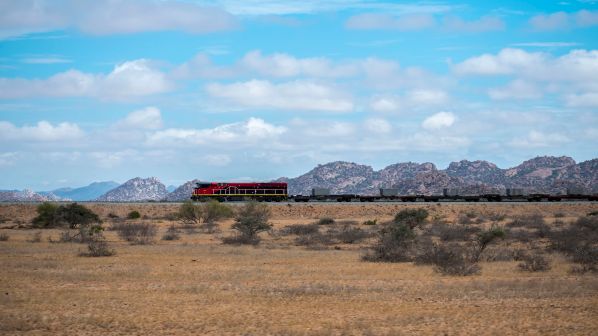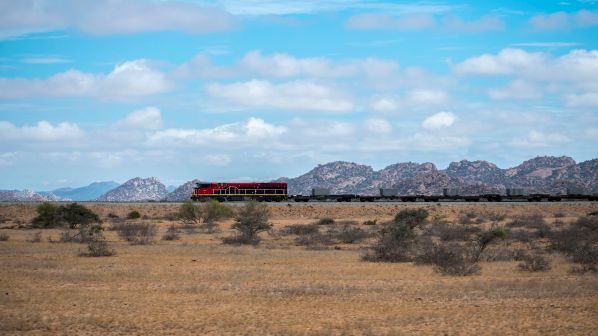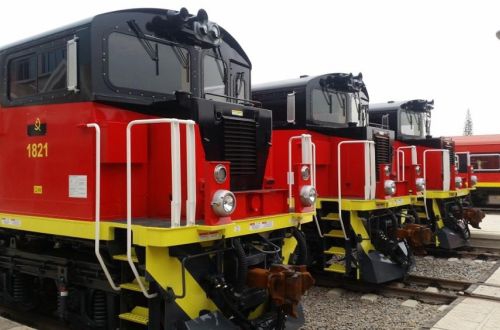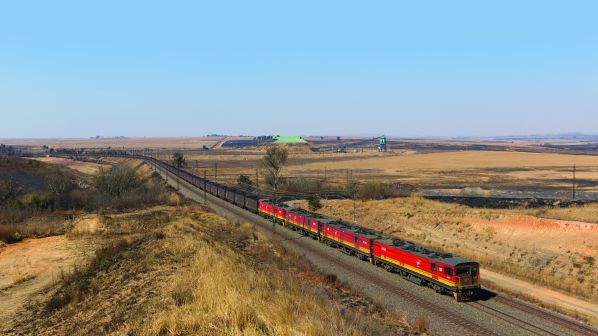THE European Union (EU) and the United States have confirmed a joint commitment to support the governments of the Democratic Republic of Congo (DRC), Zambia and Angola to conduct pre-feasibility studies for an extension of the Lobito Corridor from eastern Angola to Zambia.
The EU and US made the announcement on the margins of the Partnership for Global Infrastructure and Investment (PGII) event at the G20 Summit in Delhi on September 9. The proposed line runs from Luacano in Angola to Kalumbila in Zambia, continuing to connect with the existing network at Chingola, which runs cross-border to the DRC.
In a joint statement, the EU and US said they plan to explore cooperation in three areas:
- transport infrastructure investment
- measures to facilitate trade, economic development and transit, and
- support to related sectors to fuel inclusive and sustainable economic growth and capital investment in Angola, Zambia and the DRC in the longer term.
“The partnership will combine financial resources and technical know-how to accelerate the Trans-African Corridor development, including investment in digital access and agricultural value chains that will increase regional competitiveness,” the partners said.
Although no firm financial commitments were made during the announcement, the US government confirmed in May that it was considering providing $US 250m of support for the extension project. The White House also confirmed that the US is “actively pursuing other opportunities to connect the initial investments of the Lobito Corridor across the continent to Tanzania and ultimately the Indian Ocean.”
The Lobito Corridor comprises the 1344km, 1067mm-gauge Benguela Railway that runs from Luau on the border with the DRC to the Angolan Atlantic port of Lobito. The line also extends for 400km east from Luau to Kolwezi in the DRC, at the heart of the country’s copper belt, providing mine-to-port connectivity for mining interests in the region.
China supported Angola to revive the railway, which was badly damaged during Angola’s civil war, completing this work in 2014. A European consortium of Trafigura, Mota-Engil and Vecturis later secured a 30-year concession to operate and maintain the line, with the official transfer taking place in July. In addition, the governments of Angola, the DRC and Zambia signed the Lobito Corridor Transit Transport Facilitation Agency Agreement in January, which aims to coordinate joint development activities for the Lobito Atlantic Railway Corridor.
PGII was launched at the G7 Summit in 2022 as a means of supporting global demand for high-quality infrastructure financing in low and middle-income countries. The White House confirmed in May that the US had mobilised $US 30bn through grants, federal financing and by leveraging private-sector investment to support PGII-backed initiatives. The programme is widely considered an attempt to counter Chinese influence in international infrastructure development through the Belt and Road Initiative (BRI).
For detailed data on rail infrastructure projects from around the world, subscribe to IRJ Pro.




